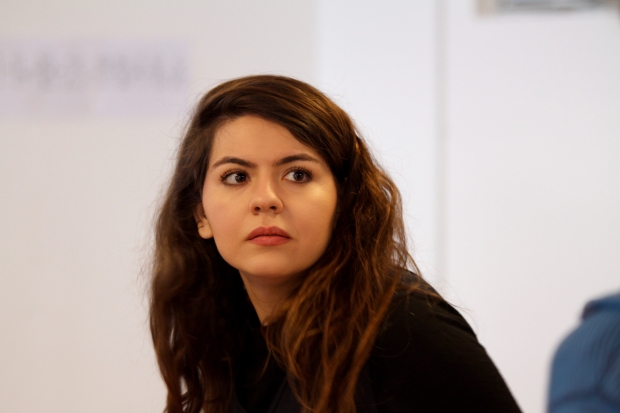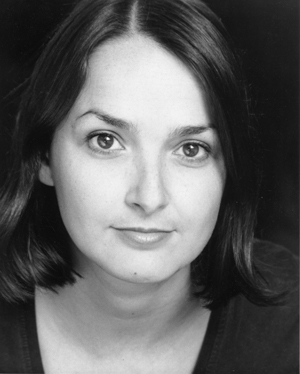Hannah Khalil: What exactly is an Arab actor?

I started out as an actor – not a very good one, granted, that’s why I’m now a writer, but I digress… The point is I’m Palestinian-Irish, I have pale skin, and I continually went to auditions to be met with disappointed faces, sighs and "You don’t look very Palestinian". Back then I didn’t have the guts to say: "What are you on about? What does a Palestinian person look like? Did you expect a hijab? Browner skin? An accent? A crazed glint in my eye?" Of course they’d seen a picture of me before I even arrived, so it was doubly moronic.
What those people failed to recognise is that what they thought of as ‘an Arab’ probably doesn’t exist. Here in the diaspora you can find a beautiful diversity of hyphens – I know people who are Lebanese-Spanish, Welsh-Libyan, Moroccan-Irish… I could go on. And then there are the second generation Arabs who are born and raised in the UK.
But I’m talking about ten years ago so things have moved on since then haven’t they? Well they’re on the move. There’s a fantastic organisation that’s been set up by actors and creatives to raise awareness called Act for Change, but the trouble is that often the thinking is that there needs to be more roles for people of colour or for people with disabilities. But that’s nonsense. What we need is equality of opportunity – so for people not to just presume that the main character in something has to be able-bodied, white and (probably) male.
An actor explained he was tired of disappointing people who thought he wasn’t their imagined version of an Arab.
I started writing because I was frustrated by the lack of interesting parts for the fantastic Arab actors I knew. They had audition after audition for the terrorist – or terrorist’s mother – or terrorist’s sister role. So I thought carefully about what I was writing – either making pieces set in the Arab world so there was no avoiding casting Arabs, or making sure characters had Arabic names so it was clear what my intention was casting-wise.
One such play is Scenes from 68* Years – my new play which is on at the Arcola this month. It’s a big play about life under occupation and uses anecdotal stories to paint a picture of everyday life in Palestine since 1948. It has 30-plus scenes and 50-plus characters, but the minimum you can do it with is six. Here, however we are doing it with six actors in the UK and one in Palestine (who Skypes in for every performance).

We have a fantastic cast made up of a wonderfully diverse group of actors. But when we were auditioning we sometimes found it hard to locate the mixed-race Arab actors. I scolded one person we met who was recommended to us, because without that recommendation we wouldn’t have found him – nowhere on any of his online profiles did it mention his Arab connections. He explained he was tired of disappointing people who called him for audition and then were unhappy he wasn’t their imagined version of an Arab. So we may not have come as far as I’d hoped.
But I’m an optimist at heart and if interesting writers keep writing interesting parts and indicating that they’re for diverse, interesting actors maybe producers and directors will sit up and take notice, and things will get, well, more interesting.
By Hannah Khalil
Scenes from 68* Years is on at the Arcola Theatre until 30 April.










